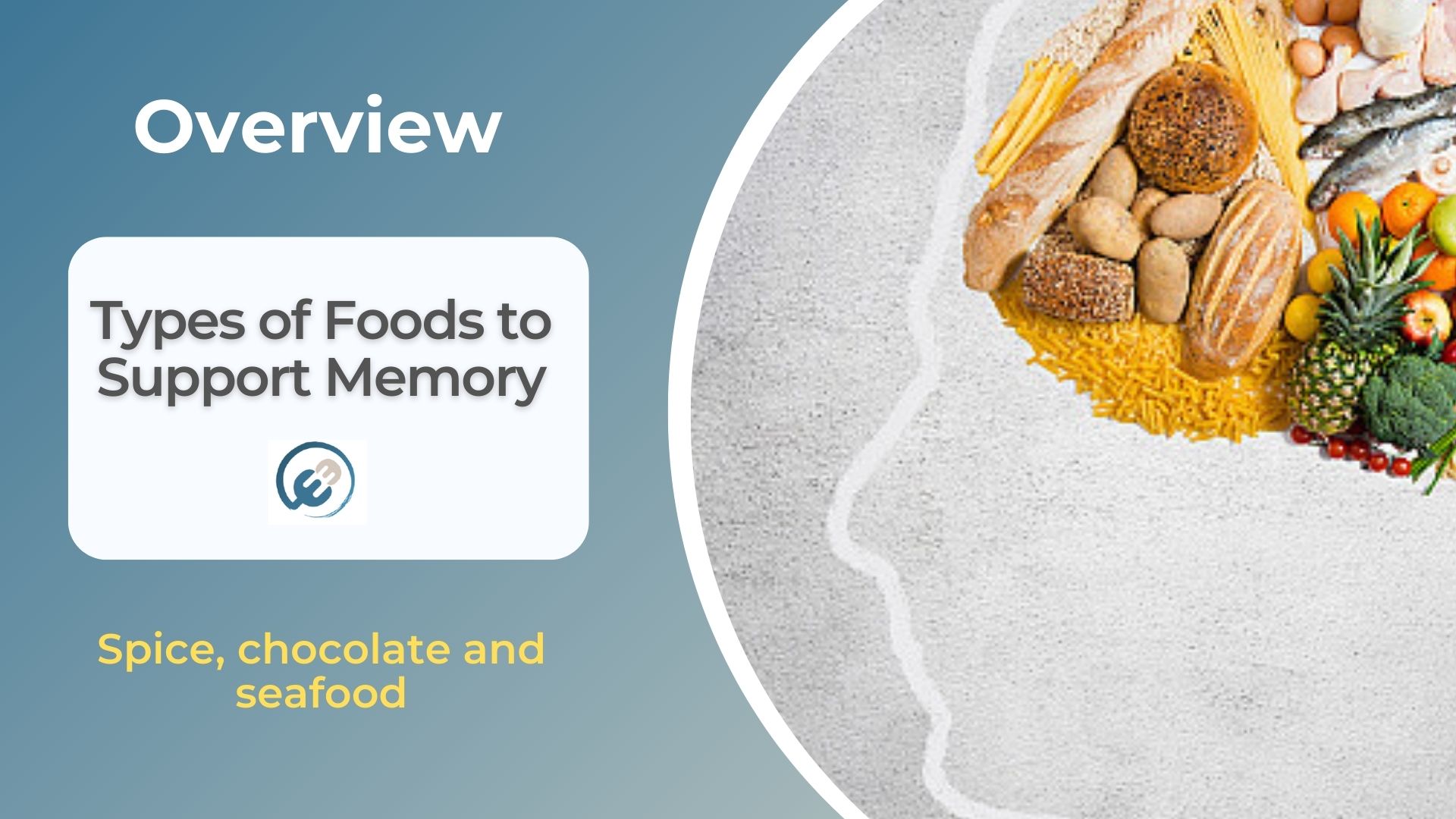Did you know that our brain influences the functions of the intestine, and the intestine, in turn, influences the brain’s function? The gut microbiome is an ecosystem with billions of bacteria that frequently change and form.
Your well-being, energy, mental health, and mood are directly related to what and how you eat. That’s why the food you eat directly influences your well-being and your cognitive functions.
The right food choice is important for everyone, young and old. And especially important for those who withstand heavy loads at work and those who need to learn a great amount of information like students. We know a lot about foods that may improve your cognitive abilities and are happy to share with you some info about them.
Fish and Seafood
Salmon, sardines, herring, trout, kippers, mackerel, and other oily fish have many omega-3 polyunsaturated fatty acids. According to research, fatty acids (DHA) are essential for brain function. Consumption of sufficient amounts of DHA improves cognitive abilities. It has been proven that 6-12 months of constant fatty fish consumption improved learning and memory among the research participants.
Along with fish, our paper writers recommend considering eating more seafood. Mussels, oysters, crab, and squid also contain omega 3.
How much fish to eat?
The FDA recommends adults eat 8 ounces (or two portions) of seafood per week. Children are recommended less quantity, while pregnant and breastfeeding women need 8—12 ounces per week. Also, consider that some fish, like tuna, may contain high levels of mercury that may be harmful to your health and the health of your unborn child.
Turmeric (curry spice)
An ancient Indian herb typically used in curry has recommended itself as a great memory booster. Its antioxidant qualities prevent inflammation in our body. According to the research, a regular intake of curcumin increases cognitive brain functions. The feature of turmeric improves blood circulation, leading to a better brain supply and improved cognitive functioning.
How much turmeric to eat?
There are no specific recommendations from FDA and other health associations. Consider that the ingredients may cause allergies and individual intolerance. Track your reactions to the turmeric to check whether your body responds well. Take a tradition of drinking water with a teaspoon of turmeric powder or prepare curry for dinner.
Chocolate and Cocoa
Energetic food like dark chocolate and cocoa may significantly affect your cognitive functions. Our brain is constantly affected by stress, which may lead to various dysfunctions because of oxidants. The complex of antioxidants (cocoa flavanols) provides a better blood flow that leads to practical support of cognitive abilities and memory. Besides the positive influence on the brain, cocoa improves mood and lowers the chances of getting a depression disorder. For example, it will be especially helpful if you are writing an essay late at night and need more concentration and energy.
How much cocoa to eat?
If you are not allergic to cocoa, you can consume cocoa daily in moderate amounts. Always prefer using high-quality cocoa powder and dark chocolate with a high cocoa content. Avoid white and milk chocolate, processed cocoa mixes, and drinks – all of them cannot be a good source of cocoa flavonoids.
Nuts and Seeds
Nuts are an amazing product. It’s a great source of unsaturated fatty acids, protein, tocopherol (vitamin E), and lecithin, which are highly important for brain work. WHO recommends adding more food with plant-based proteins to daily intake. That’s why seeds and nuts will significantly add to your daily ration. Also, consider including seeds that contain high fiber, minerals, and vitamins: flaxseeds, chia, hemp hearts, sunflower, and pumpkin seeds.
How many nuts to eat?
Consider the fact that nuts may cause allergies, so be careful. Nutrition specialists from dietitians Australia recommend that adults eat a maximum of 30 grams of nuts daily, considering 2000 calorie daily intake. Give preference to using raw nuts and seeds as thermal processing destruct chains of polyunsaturated fatty acids.
Coffee
Research from John Hopkins University has shown that a daily coffee intake improves attention and memory among research participants. Caffeine improves chains between the brain parts, which leads to better concentration and cognitive improvements. That’s why it’s a great idea to take a cup of coffee at work or college to stay tuned with loads of information.
How much coffee to drink?
There are different types of coffee sorts and cooking methods that influence the content of caffeine. For example, an average espresso cup (30 ml) may contain 100 mg caffeine. So, two-four cups of espresso per day is a proper dose of coffee for healthy adults. Consider that some health troubles like arrhythmia, high pressure, kidney distinction, and other stances have contraindications for coffee consumption.
Wrap in Up
Food is a great instrument that you can use both for satisfaction and health. Enriching your meals with certain foods may diversify the daily ration and give you more concentration and better memory. Try out something from this article for a long period of time and analyze whether it works for you or not. Enjoy!
For more info about memory boosting foods, please read 8 Memory Boosting Foods For Brain Health



